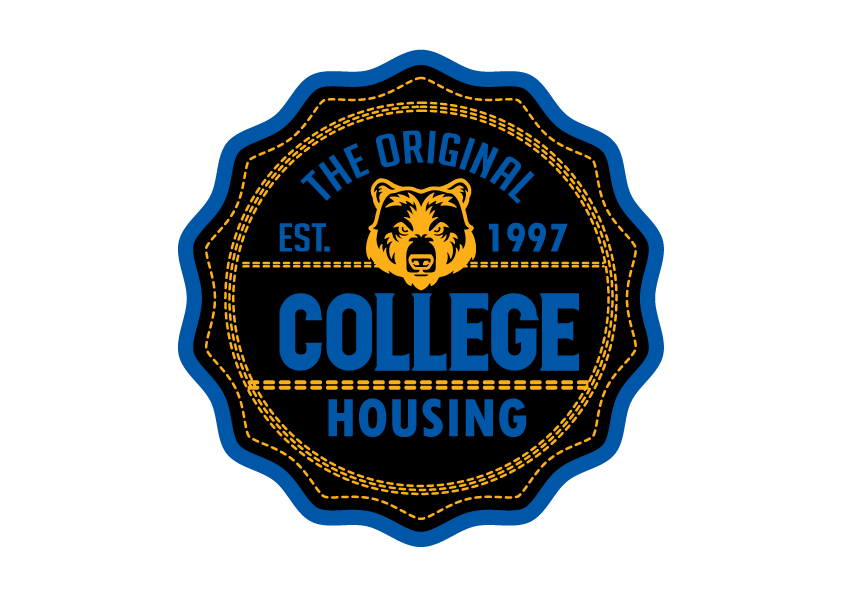Off-Campus Housing Lease
Things I should consider before choosing a place to live off campus:
Leases
The basic agreement between you and the owner of rental property is a lease. A lease is a binding legal agreement that is enforceable through the legal system in the state of California. If you move before the end of the lease term and the landlord has performed properly, you might be legally responsible to pay for the remainder of the lease.
Deposits (security or damage)
Most property manager or owners require you to deposit a predetermined sum of money when you rent a unit. Deposits normally range in amount from one half to a full month’s rent. This is designed to reimburse the owner or property management for any damage to the unit or for failure to pay rent. At the end of the tenancy, the owner or property management must return the deposit or submit an explanation why the deposit or any part of it has been withheld. You should find out the exact purpose for which the deposit will be used and the circumstances affecting its refund. This should be clearly stated in the written lease, which you sign.
Renter’s Insurance
Renter’s insurance is an item you should purchase. Landlord’s property insurance does not cover your personal property. If you cannot afford to replace your belongings if they are damaged, lost, or stolen, then you should look into buying a policy. If you are still on your parent/guardian’s insurance, the least expensive policies can be added to theirs. If these alternatives are not applicable to you, you can purchase personal property insurance from various insurance agencies.
Additional Information and Rental Facts
A helpful source of information about landlord/tenant law is the handbook, California Tenants – A Guide to Residential Tenants’ and Landlords’ Rights and Responsibilities, a publication written by the Department of Consumer Affairs’ Legal Affairs Division.
